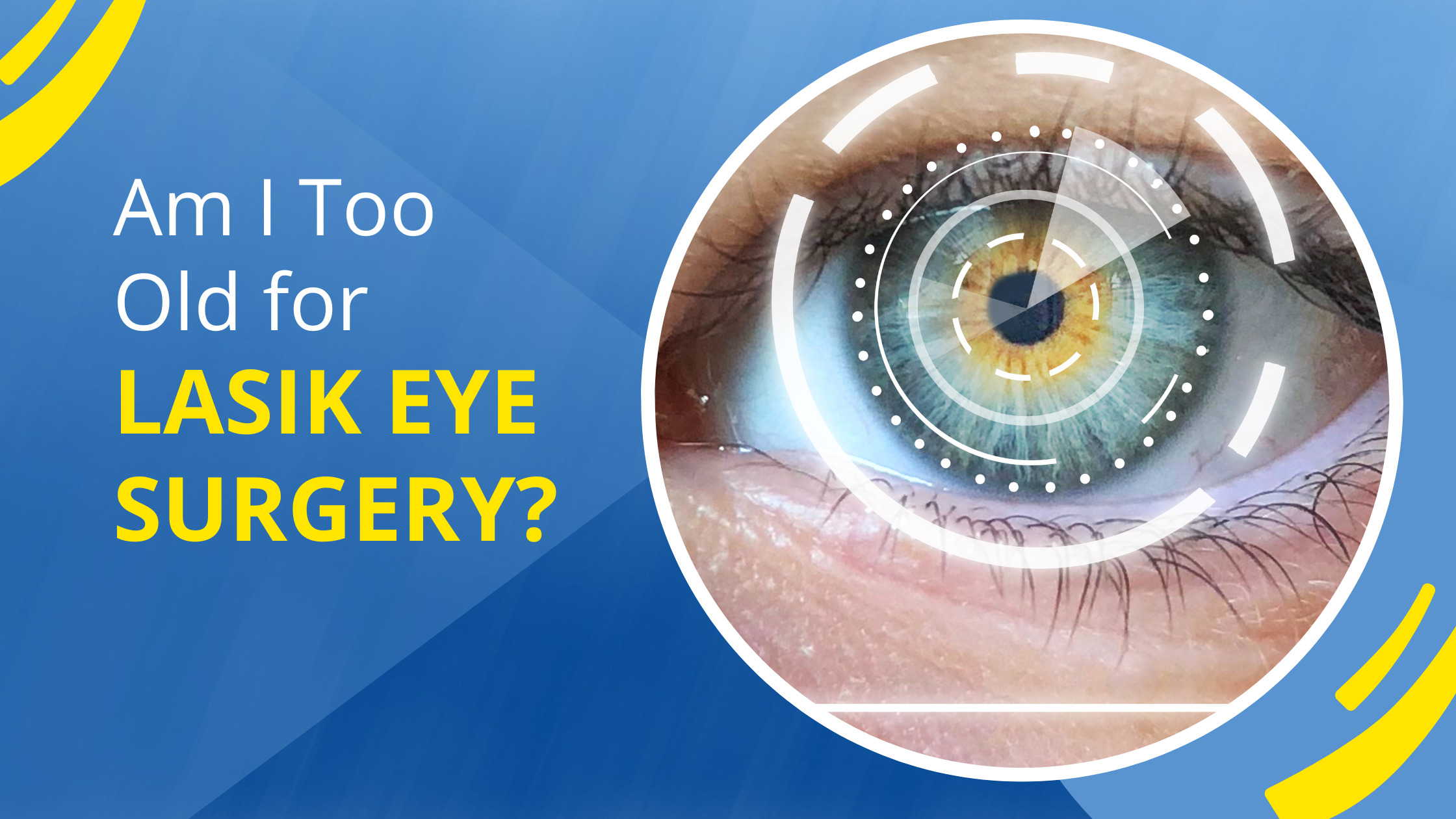
Maintaining optimal dental hygiene practices is crucial for achieving and preserving a healthy smile. Good oral care not only contributes to the prevention of dental issues but also plays a significant role in your overall well-being. In this article, we will delve into key aspects of dental hygiene practices that are essential for promoting a healthy and radiant smile.
Importance of Dental Hygiene:
Proper dental hygiene is the cornerstone of a healthy oral cavity. Regular brushing, flossing, and dental check-ups help prevent various dental problems such as cavities, gum disease, and bad breath. By prioritizing dental hygiene, individuals can significantly reduce the risk of more serious dental issues in the future.
Daily Brushing Techniques:
The foundation of a solid dental hygiene routine begins with proper brushing techniques. It is essential to brush your teeth at least twice a day using fluoride toothpaste and a soft-bristled toothbrush. Paying attention to each tooth’s surface, including the gums and tongue, ensures comprehensive cleaning and helps eliminate bacteria that can lead to plaque buildup.
Effective Flossing Habits:
In addition to regular brushing, incorporating flossing into your daily routine is crucial for maintaining optimal dental health. Flossing helps remove debris and plaque from between teeth and along the gumline, areas where a toothbrush may not reach effectively. Establishing consistent flossing habits contributes to healthier gums and reduces the risk of gum disease.
Mouthwash as a Complement:
Using an antiseptic or fluoride mouthwash can be a beneficial addition to your dental hygiene routine. Mouthwash reaches areas of the mouth that brushing and flossing may not cover entirely, providing an extra layer of protection against bacteria. However, it’s essential to choose a mouthwash that suits your specific oral health needs and to use it as directed.
Regular Dental Check-ups:
Scheduling regular dental check-ups is a vital component of maintaining optimal dental hygiene. Dentists can identify and address potential issues early on, preventing them from developing into more significant problems. Professional cleanings also help remove stubborn plaque and tartar buildup that may be challenging to address with at-home oral care practices alone.
Dietary Impact on Dental Health:
What you eat can significantly impact your dental health. Consuming a balanced diet rich in vitamins and minerals is beneficial for your teeth and gums. Limiting the intake of sugary and acidic foods can help prevent tooth decay and erosion. Adequate hydration is also essential for saliva production, which plays a crucial role in maintaining oral health.
Avoiding Harmful Habits:
Certain habits can negatively impact dental health. Avoiding tobacco products and limiting alcohol consumption are essential for preventing oral cancers and maintaining overall oral well-being. Additionally, refraining from using teeth as tools and avoiding excessive teeth grinding (bruxism) can prevent unnecessary wear and tear.
Teaching Children Good Habits:
Instilling good dental hygiene habits in children from an early age sets the foundation for a lifetime of oral health. Teaching kids to brush and floss regularly, choosing healthy snacks, and making dental check-ups a positive experience contribute to the development of strong oral care habits.
Linking Dental Hygiene Practices:
For more in-depth insights into dental hygiene practices, you can explore additional resources at Dental Hygiene Practices. This comprehensive guide provides valuable information on maintaining optimal oral health and offers tips for achieving a beautiful and healthy smile.
Conclusion:
In conclusion, prioritizing dental hygiene practices is key to preserving a healthy smile and preventing various oral health issues. By adopting a consistent routine that includes brushing, flossing, regular check-ups, and mindful dietary choices, individuals can contribute to their overall well-being and enjoy the benefits of a radiant and confident smile.



